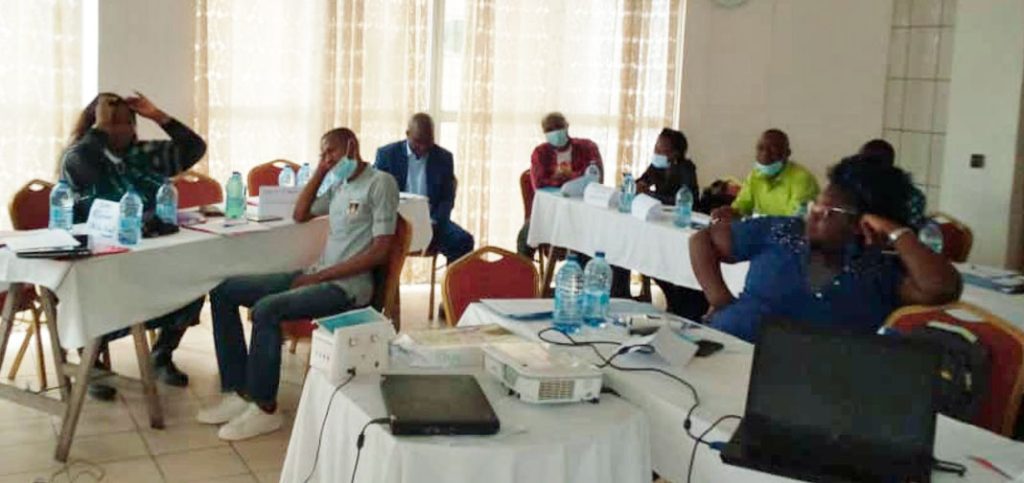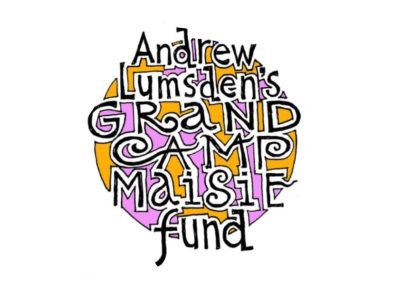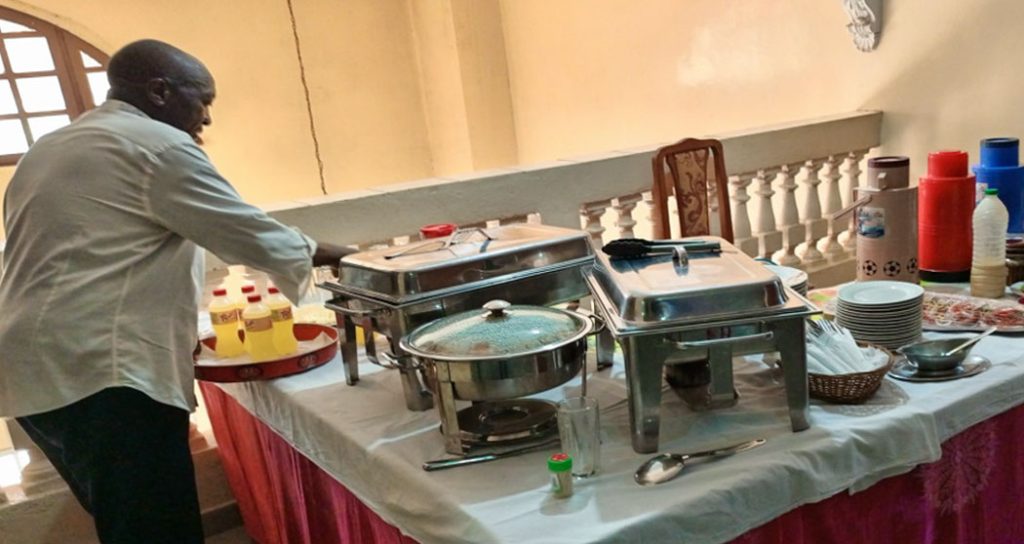Advocates believe they found new allies for LGBTI rights in Cameroon
‘I understand now … that rights are equal for all human beings’ — Awo, a law enforcement officer

By Steeves Winner
A multi-day training workshop for lawyers, law enforcement officers, and prison guards was held recently in Yaoundé, Cameroon, to educate them about the LGBTI rights and identify new allies in struggles to defend the rights of sexual and gender minorities in Cameroon.

The meetings were funded by the Grand Camp Maisie Fund, a UK-based charity funded from the estate of the late British LGBTQ rights activist Andrew Lumsden, who was instrumental in organizing London’s first Pride March in 1972.
The meetings, held in March, changed some participants’ beliefs about LGBTI people.
“My perception of LGBTI rights has indeed changed,” said Awo (pseudonym), a law enforcement officer. “I understand [now] from these discussions that rights are equal for all human beings. You can be homosexual and have rights. You can be homosexual and still be respected. Difference should not foster intolerance.”
“I wouldn’t say that I am now sensitive to the LGBTI cause after this meeting, but I would say that my perception of these people has evolved today. This is work that should continue to enable people like me to improve their knowledge of this issue and become LGBTI-friendly,” said another participant, identified as Antho.
Some people who were already sympathetic to LGBTI rights found themselves more determined than in the past.
“Legal and judicial defense is a unique experience for me that strengthens my commitment every day to helping these defenseless and unprotected people. Through my work with Alternatives Cameroun, I understood the issues at stake, and today I feel even more committed to this fight,” says attorney Madeleine Nsali Mbebi, who has worked on behalf of LGBTI defendants in the past.
The moderator the meetings was attorney Line Obama, an expert on legal defense issues.
“Protecting the rights of LGBTI people is an absolute imperative. As human rights defenders, all lawyers should be actively engaged in promoting and ensuring them. This training represents a valuable opportunity to strengthen our skills and mobilize our energy to carry out this demanding mission,” Obama says.
The meeting took place in the unique context of Cameroon, where sexual relations between people of the same sex are punishable by imprisonment under existing criminal law. Culture, tradition, religion, and ignorance are all additional identified vulnerability factors.
The meeting allowed for clarification of the concepts of sexuality and gender. The facilitator focused on sexual health, then listed the circles of sexuality. There are five: the circle of sensuality, intimacy, sexual health, sexual identity, and sexuality for power.
A focus was placed on educating participants on terms such as sexual behavior, which refers to the various sexual practices to which we consent and which do not always indicate one’s sexual orientation; sexual health, which refers to sexual intercourse, pregnancy, and sexually transmitted infections; and finally, SOGIESC, a word of English origin that refers to sexual orientation, gender identity and gender expression, and finally, sex characteristics.
The participants also discussed what advocacy means. They agreed that it refers to all actions and strategies implemented to achieve a favorable change in attitudes or behavior. Within the specific framework of human rights, the objective is to achieve a change in laws and policies relating to key populations in Cameroon. For effective advocacy, it is important to analyze policies, define a strategy, develop a plan, and execute it.
How to establish a human rights violation?
After defining a violation as a transgression, a disregard, or a misapplication of the law or its provisions, the lawyer clarified that said violation is punishable by the judge regardless of the perpetrator. This is because a large majority of states have ratified most international texts and therefore have an obligation to respect, protect, and implement human rights.
Furthermore, while identifying a violation simply involves asking whether the right in question constitutes an absolute or a relative right, documenting it, on the other hand, involves understanding, on the one hand, the rights of the human rights defender (rights of association, peaceful assembly, communication with NGOs, freedom of opinion, freedom of advocacy, or access to legal recourse, etc.), and on the other hand, their obligations or responsibilities (duty of objectivity, honesty, confidentiality, incorruptibility, etc.). To achieve this goal, the human rights defender must ask crucial questions about the violation and use working tools such as a form to gather essential information about the victim or the event in question.
Defending the rights of LGBTI people is essential to promoting equality, dignity, and social justice. These individuals often face discrimination, violence, and exclusion because of their sexual orientation or gender identity. By supporting them, we affirm that every person deserves to live without fear or prejudice, and we contribute to building a more inclusive society that respects human rights. It is a struggle that transcends borders and cultures, and requires collective solidarity to advance fundamental rights.
Did the meetings achieve their goal?
The meetings helped to develop future allies who stood out in three key areas: the progressive positions of the participants during the debates, their perceptions of gender, and the defense of LGBTI rights. Some also shared their experiences, such as having already had to defend LGBTI people in the course of their work.
The importance of this meeting is to enable LGBTI people who are victims of violence to benefit from legal and judicial assistance when they are exposed to all kinds of risks. This assistance comes from allied stakeholders.
Without the support of allies, it would be difficult for LGBTI people to receive support when needed due to their vulnerability, but also due to challenges related to homophobia and discrimination.

Steeves Winner, the author of this article, is a Cameroonian journalist who writes under a pseudonym. Contact him at steeves.w@yahoo.com.




